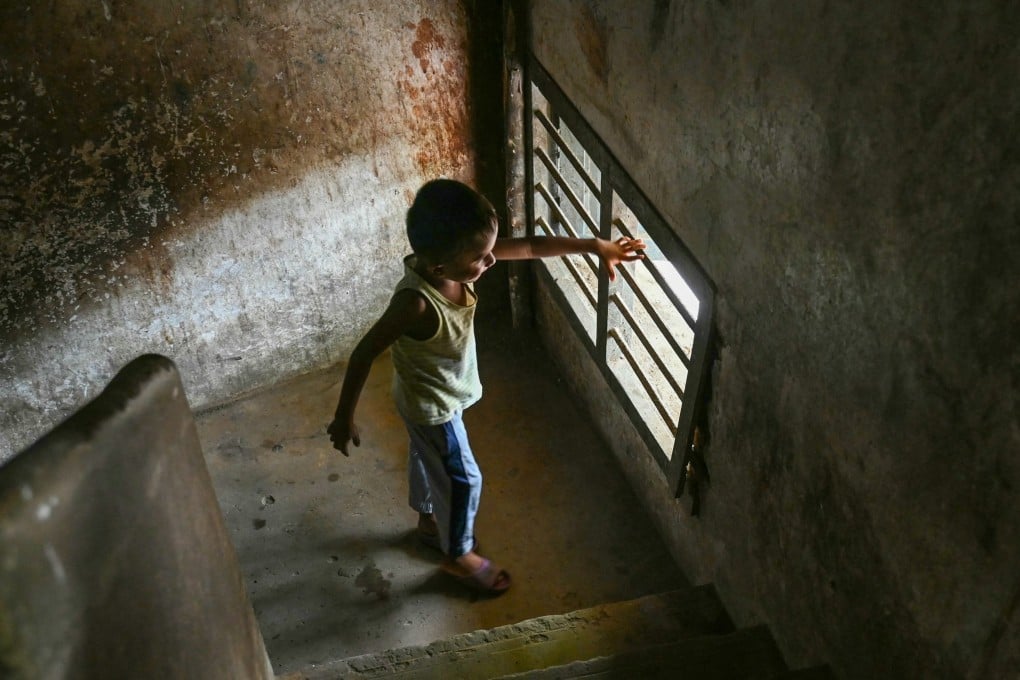Inside India’s ‘inhumane’ detention camps for Rohingya refugees
A new report details dehumanising treatment and dire living conditions faced by hundreds of Rohingya held in detention camps across India

The study, published on Monday by the non-profit Refugees International and The Azadi Project, documents the segregation of family members and poor sanitation measures at the “jail-like facilities” known as holding centres or transit camps. It says the improper treatment of the detainees is “a failure by India to adhere to its commitments to international human rights treaties”.

Farida, who asked to use a pseudonym to protect her identity, told This Week in Asia that she was detained for 14 months in 2021 for unspecified reasons. The 26-year-old, who lives in New Delhi, said she was called into a police station and interrogated for seven hours before being detained.
“Those interrogations are normal for us, but I didn’t realise I was being sent into a detention facility,” she said. “The police made me sign a document and didn’t give me any reason. I was really scared, knowing I might never get out.”
Farida fled from her native Myanmar in 2012 after a surge in military violence against Rohingya Muslims, which the UN has called “textbook ethnic cleansing”. Of the 2.8 million stateless Rohingya, nearly 1 million are in Bangladesh while about 22,500 registered with UNHCR in India, hoping for a more stable life.